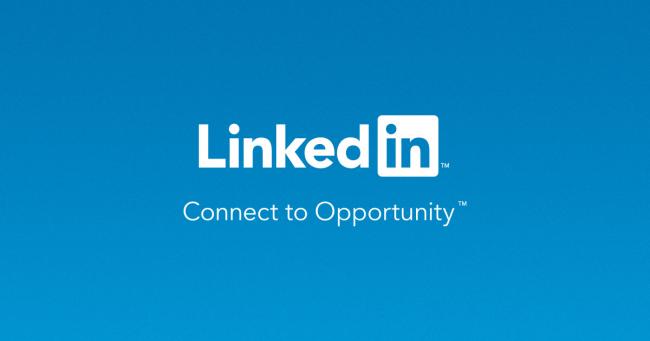LinkedIn Denies Reports Of Fresh Breach, Says Leaked Information From April Is Scraped Data

According to reports, hackers sold the personal information of 92 per cent of LinkedIn members on the Dark Web.
The new breach was initially discovered by RestorePrivacy, which was then corroborated by 9to5Google.
LinkedIn, a professional networking service has rejected claims of a data breach, stating that data recently placed for sale online was "scraped" from LinkedIn and other websites, as stated in its "April 2021 scraping update."
The California-based tech company also stated, "Our teams have investigated a set of alleged LinkedIn data that has been posted for sale. We want to be clear that this is not a data breach and no private LinkedIn member data was exposed."
It also added, "Our initial investigation has found that this data was scraped from LinkedIn and other various websites and includes the same data reported earlier this year in our April 2021 scraping update.
Members trust LinkedIn with their data, and any misuse of our members’ data, such as scraping, violates LinkedIn's terms of service. When anyone tries to take member data and use it for purposes LinkedIn and our members haven’t agreed to, we work to stop them and hold them accountable."
LinkedIn released the statement in response to claims that data belonging to over 700 million people, or 92 per cent of its 756 million members, had been exposed in a "new breach."
According to sources, the data breach, called scraped data by the professional networking website and employment platform contained personal information from LinkedIn members such as phone numbers, physical addresses, geolocation data, and inferred incomes.
On the Dark Web, the data was placed for sale with a "sample" set of 1 million records for interested purchasers.
According to sources, the new breach contains email addresses, complete names, phone numbers, physical addresses, geolocation records, LinkedIn usernames and profile URLs, inferred salary, personal and professional experience, background, gender, and social media accounts and usernames of individuals.
Hackers exposed the personal information of 500 million LinkedIn members in April, including their email addresses, phone numbers, company information, complete names, account IDs, connections to their social network profiles, and gender data.




